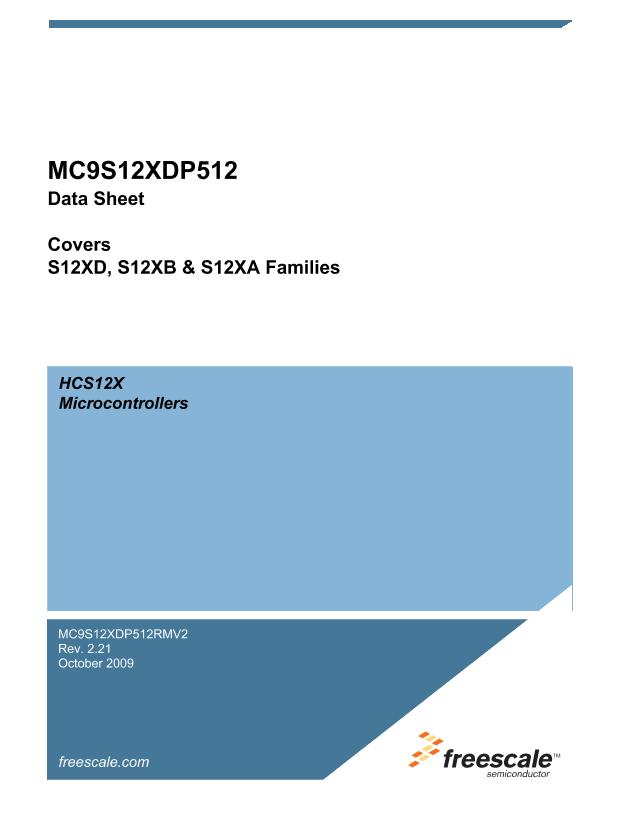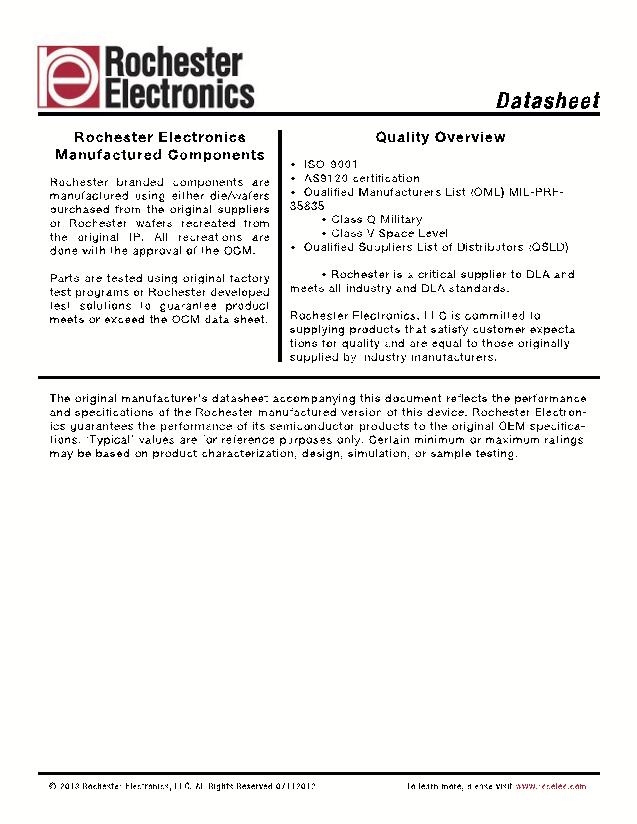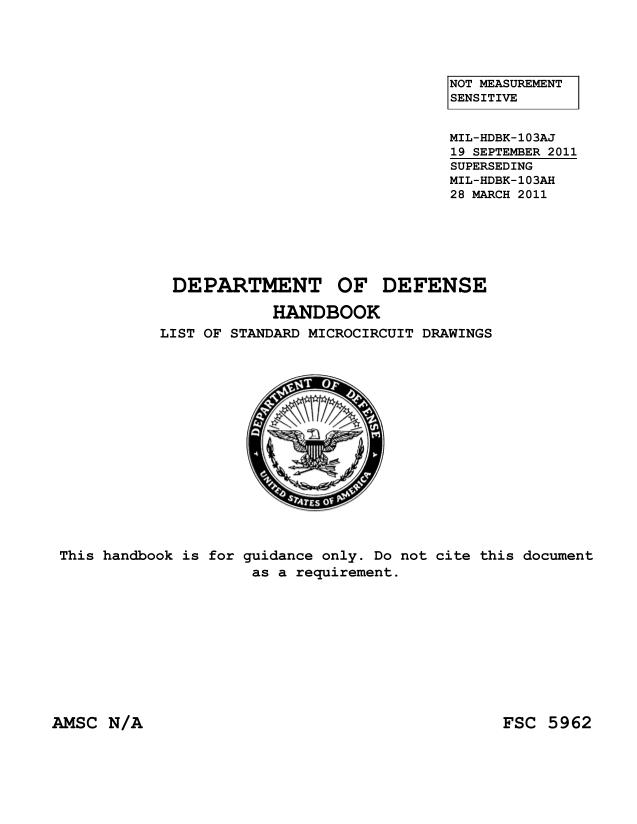
G1-233P-85-1.8
| Model | G1-233P-85-1.8 |
| Description | Processor Series Low Power Integrated x86 Solution |
| PDF file | Total 247 pages (File size: 4M) |
| Chip Manufacturer | NSC |

Geode™ GX1 Processor Series
Electrical Specifications
(Continued)
6.6
I/O CURRENT DE-RATING CURVE
6.6.2 Memory Speed
Each device in the GX1 processor series is defined by a
particular core voltage and core frequency. The SDRAM
frequency is derived internally by a programmable divisor
of the core frequency. Typically, there are three SDRAM
frequencies between 55 and 100 MHz that can be derived
from a single core frequency. These three frequencies are
provided in the following de-rating curve so that their effect
on current can be seen. Just as with the display resolution,
current de-rating due to memory speed is linear. SDRAM
frequencies between 79 and 100 MHz are only supported
for certain types of closed systems and strict design rules
must be adhered to. For further details, please contact your
local National Semiconductor technical support represen-
tative.
6.6.3 I/O Current De-rating Curve
The I/O current de-rating curve, shown in Figure 6-3, is the
same for all devices in the GX1 series of processors. While
the memory speeds for the various core frequencies are
different, the three memory speeds for each device pro-
duce the same de-rating effect.
As mentioned Section 6.5.2.3 “Definition of System Condi-
current of the processor is affected by two system parame-
ters, DCLK and SDRAM frequency. A de-rating curve (see
determine the absolute maximum I/O current used by the
processor for a particular design. Core current is not signif-
icantly affected by these two parameters, so a core current
de-rating curve is not provided.
6.6.1 Display Resolution
The change in current of five common display resolutions is
used to extrapolate the de-rating curve. DCLK is derived
from the display resolution, color depth, and refresh rate.
The relationship between DCLK and I/O current is linear.
The system designer must determine the maximum DCLK
frequency required in the system based on the maximum
display that will be supported.
0
-20
I
CC3
(mA) De-Rate Amount
-40
-60
-80
-100
-120
-140
-160
Absolute Maximum
1280x1024x75 Hz,
(DCLK = 135 MHz)
1280x1024x60 Hz,
(DCLK = 108 MHz)
Mem 1
Mem 2
D
is
R
lay
p
o
es
io
lu t
n
Mem 1
Mem 2
Mem 3
Mem 3
1024x768x75 Hz,
(DCLK = 79 MHz)
Mem 1
Mem 2
Mem 1
Mem 3
Mem 3
Mem 3
Mem 2
Mem 1
Mem 2
800x600x72 Hz,
(DCLK = 50 MHz)
640x480x72 Hz,
(DCLK = 32 MHz)
MHz
166
200
233
266
300
Mem 1 MHz
÷2.0
÷2.0
÷2.5
÷3.0
÷3.5
83.3
100
93.3
88.9
85.7
Mem 2 MHz
÷2.5
÷2.5
÷3.0
÷3.5
÷4.0
66.7
80
77.8
76.2
75.0
Mem 3 MHz
÷3.0
÷3.0
÷3.5
÷4.0
÷4.5
55.6
66.7
66.7
66.7
66.7
Note:
Pixel color depth does not affect power consumption or DCLK frequency.
Figure 6-3. Absolute Max I/O Current De-rating Curve
(All Speeds and Core Voltages)
www.national.com
196
Revision 1.0





























































































































































































































































